Disease Detection and Diagnosis
These activities teach pupils to think about how doctors and other staff diagnose illnesses and how new diagnostic tests are developed. Pupils also consider when screening programmes for diseases are appropriate.
How do doctors diagnose disease? First, they take note of a patient’s symptoms. Symptoms are physical signs produced by a disease, but they are not the cause of that disease. If you have a fever, this is your body’s response to an infection. The infection causes your immune system to respond by raising the body’s temperature, and the fever is the symptom of the infection.
Curriculum Links
- KS3 Science
- KS3 History
- KS3 Citizenship
- SQA National Guidelines (5-14) Environmental Studies
Key words
- Symptoms
- Diagnosis
- Diagnostic tests
- How research has improved
- Diagnostic tests
- Screening programmes
- Making decisions about public health
Activities
- Diagnosis activity
- How Clinical Research can lead to improvements in Diagnostic Tests
- Deciding when to use Screening Programmes
